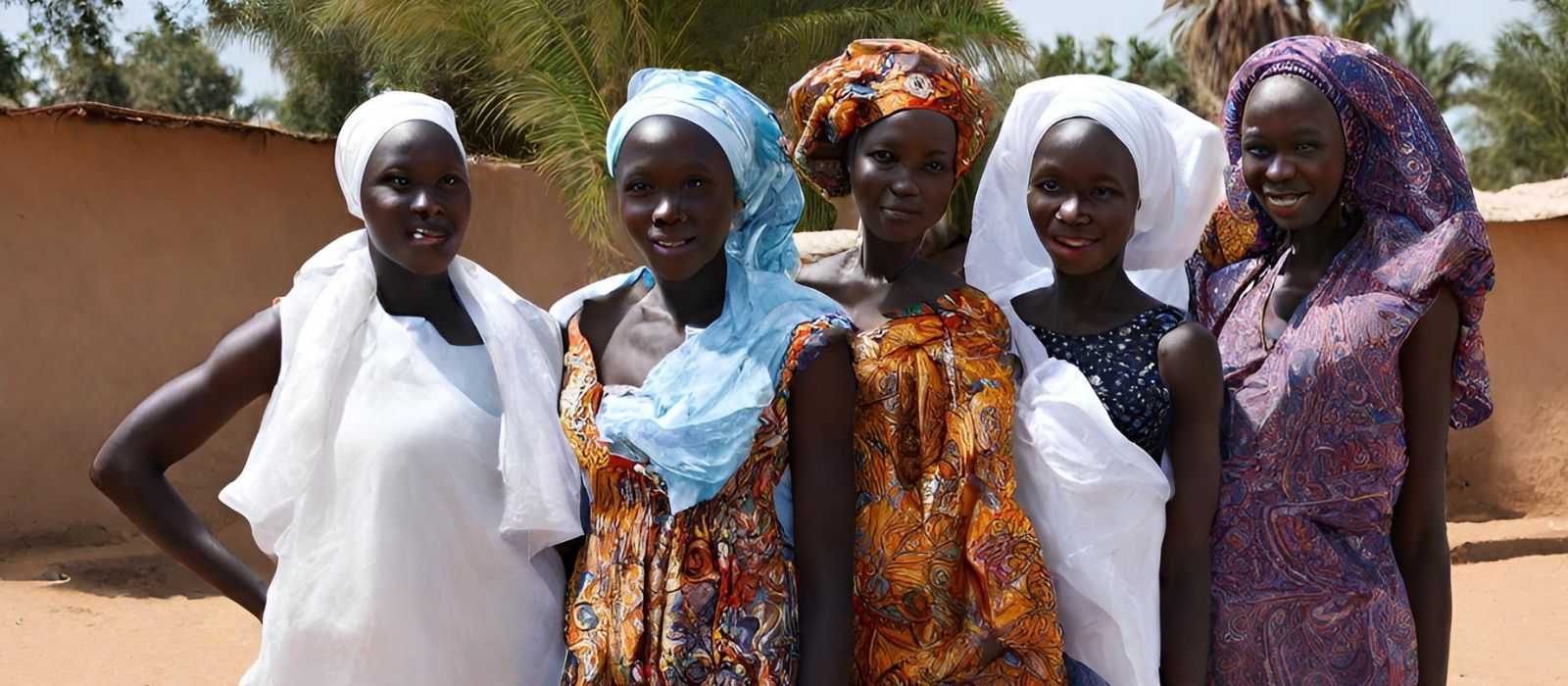
Years ago, many Gambians took to the streets to celebrate the ban on female circumcision, also known as Female Genetic Multination (FGM). However, on Monday, some Gambian citizens were seen protesting in the streets against the reversal of the FGM ban.
During Monday’s proceedings, only four members of the Gambian parliament voted against reversing the bill, while 42 Members of Parliament voted in favor of the reversal.
If the bill is signed into law by the Gambian President, the West African nation will become the first country in the world to reverse legal protection against the practice, affecting millions of women and girls.
Female Genetic Multination was banned in Gambia in 2015, with violations punishable by up to three years in prison. Earlier this year, the legislator Hon. Almameh Gibbs introduced the bill, arguing that banning FGM in Gambia violated citizens’ rights to practice their culture and religion.
Gambia is a predominantly Muslim country in West Africa, steeped in Muslim religion and culture. The ban on FGM was introduced by former leader Yahya Jammed, who ruled for more than two decades before being voted out of office.
Reportedly, at least three women were arrested last year in Gambia for performing FGM on eight infant babies and were fined.
UNICEF defines FGM as the partial or total removal of the female external genitalia or injury to female genital organs for non-medical reasons.


